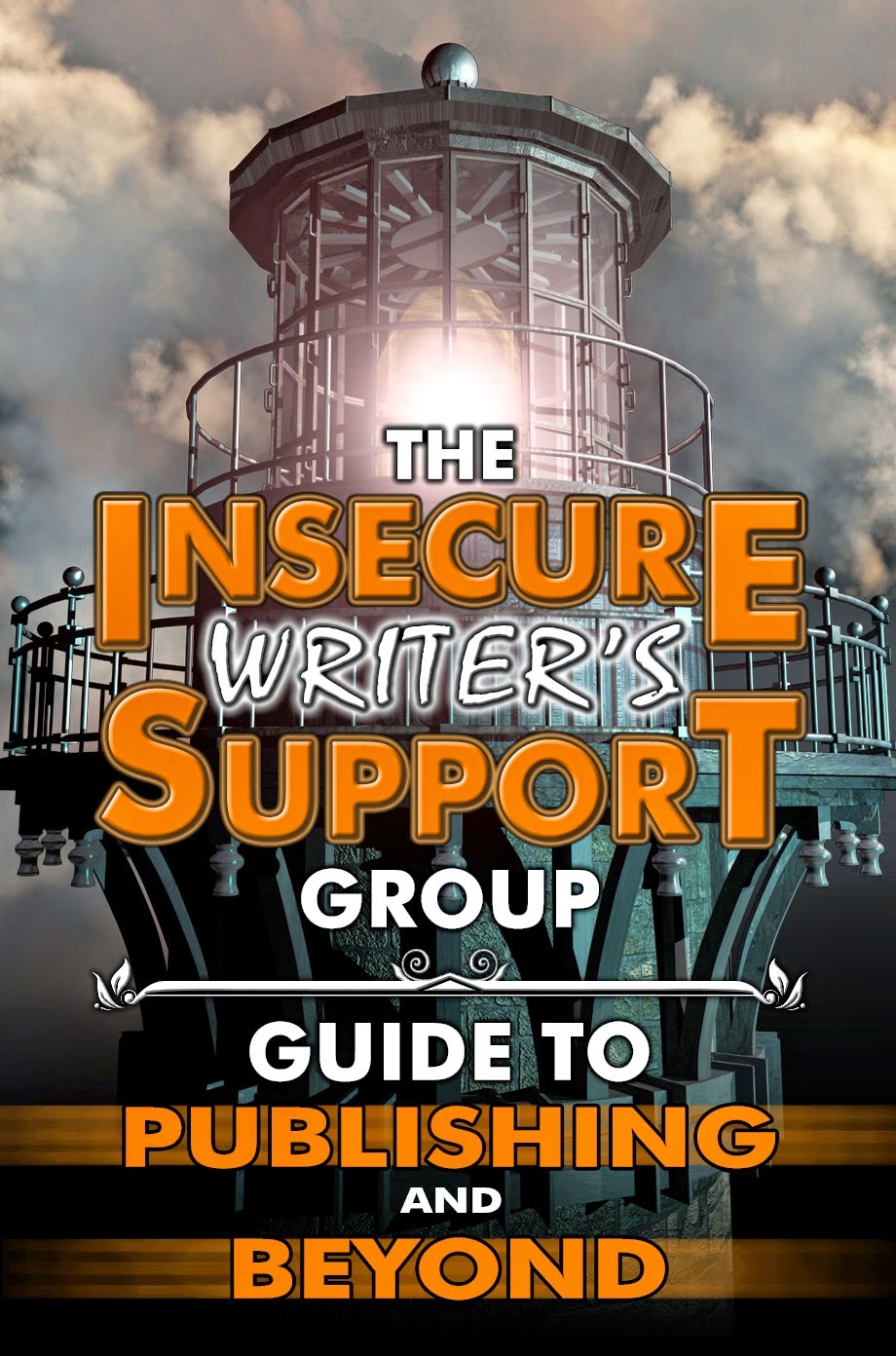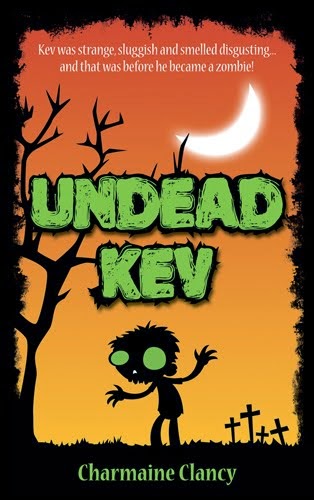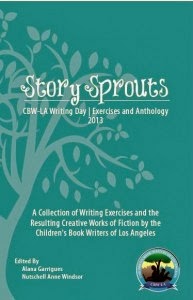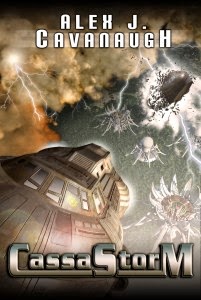There are time when it’s obvious an adverb is unnecessary.
He ran quickly to the phone. It’s redundant to have quickly in there, running already implies speed, so you should cut it out. He ran to the phone.
Sometimes it’s perfectly fine to use an adverb (no, really , it is). An adverb is a modifier, and if you’re modifying the verb in an unexpected way that changes the meaning of the verb it can be a useful tool. Examples:
She smiled sadly.
He ran quickly to the phone. It’s redundant to have quickly in there, running already implies speed, so you should cut it out. He ran to the phone.
Sometimes it’s perfectly fine to use an adverb (no, really , it is). An adverb is a modifier, and if you’re modifying the verb in an unexpected way that changes the meaning of the verb it can be a useful tool. Examples:
She smiled sadly.
His arm was partially severed.
He whispered loudly.
But most times the adverb is modifying the verb in a way that there is already another word for. Examples:
But most times the adverb is modifying the verb in a way that there is already another word for. Examples:































































































